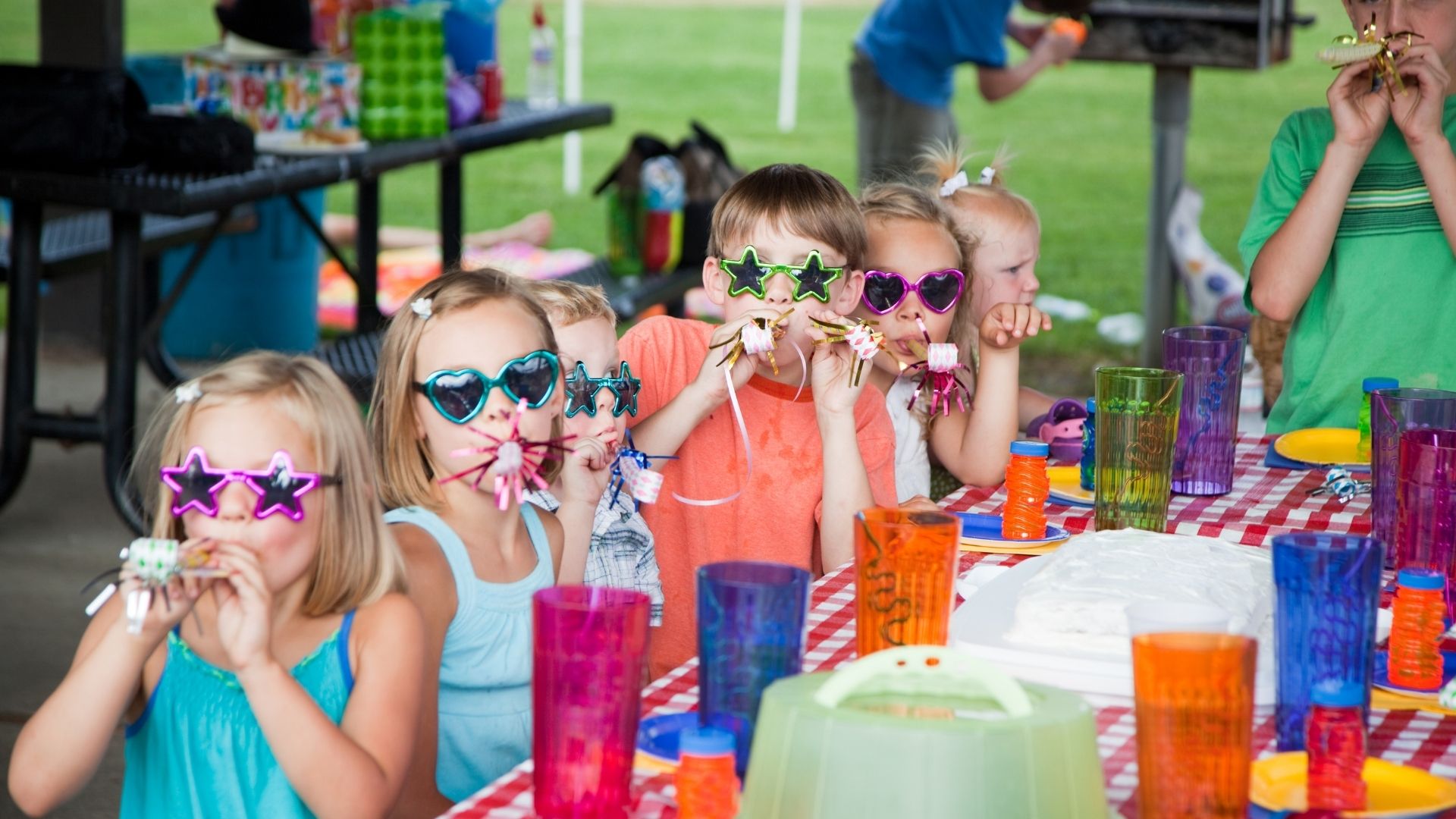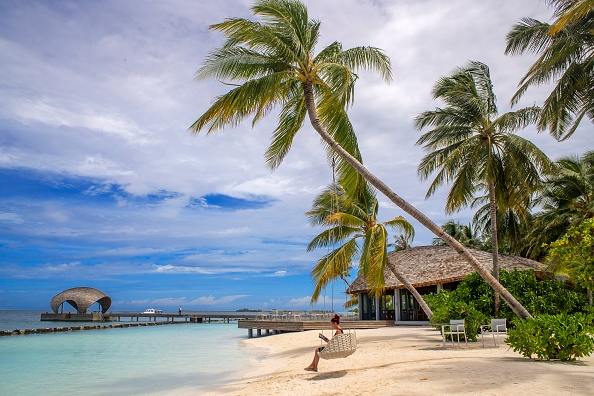“ There is a gap between the right to free time, culture and sport, which exists in our texts, and the reality experienced by children », says the rights defender Claire Hedon. In a report published this Wednesday, November 15, titled “ Children’s right to free time, sport and culture », the organization analyzed access to recreational activities for children.
Children’s right to free time is ‘poorly recognised’, report says
A right that is certainly enshrined in the International Convention on the Rights of the Child and the French Constitution, but which in fact is not really implemented. Because according to the report, this right is “little recognized as such and often remains considered a marginal aspect of children’s lives”.
For the authors of the document, activities such as “ rest and sleep, play and movement, the discovery of the outside world and of oneself are inherent in the child’s development, both from a physical and educational point of view and from a social and cultural one. “.
Activity “ emancipatory » and actively participate in the child’s development, but also “of their social integration, their education (…) and their personal development through the construction of their own identity, their own tastes and their own abilities”.
The Rights Defender calls for better implementation of sports teaching in schools and universities
To do this, the Rights Defender calls for compulsory sports teaching at school or university to be even more respected: “ Children in France practice half as many sporting activities as the average for European countries, and girls in France play half as much as boys » says Claire Hédon.
But access to these activities is not the same for all children. Mainly due to geographical and social inequalities. Rural and/or working-class areas benefit from fewer facilities and transport to access them. “ 71% children whose parents have a low income are not members of a sports and cultural club or association, against 38% children whose parents have high incomes », denounces the report.
Read also: Children are increasingly sedentary and it’s the girls who move the least
He thus notes the difficulties of children living in poor housing, housed or incarcerated, disabled or ill in enjoying regular sporting activities. “ In a house you are forced to follow the group without being able to choose your activities. But not everyone likes the same thing! “, declares a foster child quoted in the report.
Don’t overload children with activities
If children from working class backgrounds are “ underemployed “, those from richer backgrounds are rather” too busy », the report notes. It emphasizes the importance of not overloading the child with activities, because this can be a source of stress for him, and brings out the idea of ” essential ” From ” Pleasure » for the benefit of « performance research “.
And more generally recommends” adapted and inclusive access for all children to sport, art and culture, regardless of their age, gender, state of health or disability, origin and nationality “.
More articles on
Desire for a child
-
Parents of trans children, how can we best support them?
-
Blue Ivy, Beyoncé’s daughter, would have asked her father Jay-Z for fashion advice after finding him old-fashioned for a long time
-
What is proximal motherhood?
-
“So, when are you going to do it, your little brother?” ” Shut up !
-
How to mourn the loss of another child?
Do you like our articles? You’ll love our newsletters! Sign up for free on this page.
Source: Madmoizelle
Mary Crossley is an author at “The Fashion Vibes”. She is a seasoned journalist who is dedicated to delivering the latest news to her readers. With a keen sense of what’s important, Mary covers a wide range of topics, from politics to lifestyle and everything in between.





